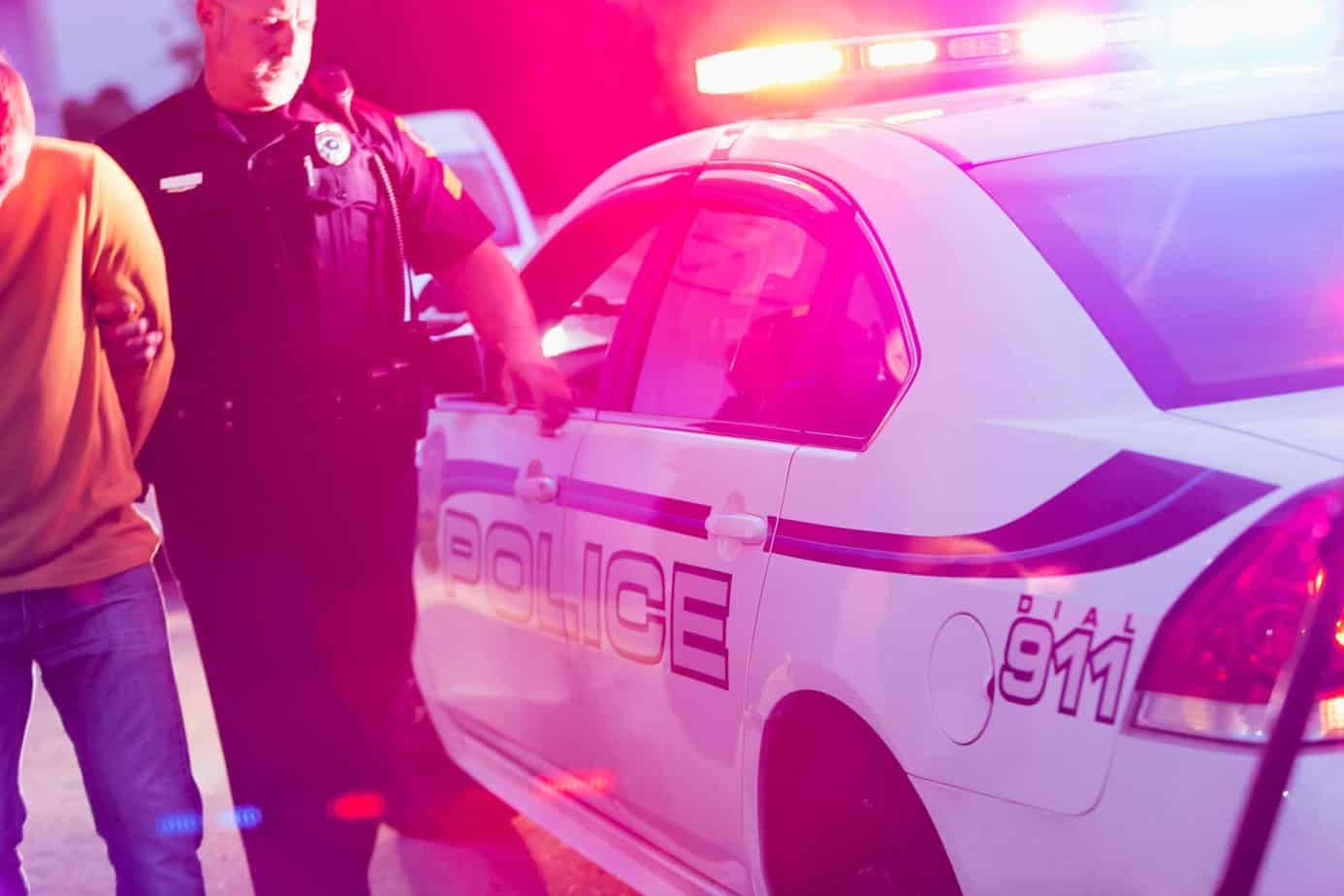On December 2015, Kimberly Elkins shared her fentanyl patch with her fiancé, Aaron Rost. The couple had shared fentanyl patches to get high before. But this time, they overdosed ⎼ Elkins survived, Rost died. A couple of months later, Elkins was arrested on murder charges. She is just one of the many individuals who has been charged with murder for sharing her drugs.
According to the Drug Policy Alliance, 20 states have laws stipulating that even if an overdose death is accidental, investigators can prosecute anyone who helped victims access the drugs ⎼ including friends or family. Research conducted by The New York Times found that the number of arrests or prosecutions in unintentional overdose fatalities increased almost twofold from 2015 to 2017.
Many support this tough-on-drugs approach. Their reasons vary: some believe it will discourage people from taking drugs, some hope that it will cut down on the local availability of drugs, and others see it as a fundamental form of justice for grieving families. But there are also many who oppose charging individuals like Elkins, who did not sell fentanyl but simply shared the drug she took herself. Some who oppose overdose prosecutions claim that overdose victims would have taken the drug no matter who provided it to them. Others believe that harsh drug-induced homicide laws put people in additional unnecessary danger.
When Jennifer Johnson’s husband overdosed, she rapidly called 911 to try to save his life. He was rushed to the hospital, but medical personnel were unable to revive him. His cause of death: mixed drug toxicity of methadone and ethanol. The methadone he took that night was administered by his wife. Johnson was charged with murder. According to Lindsay LaSalle, Director of Public Health Law and Policy with the Drug Policy Alliance, police involvement is the most common reason people cite for not calling 911 in the event of an overdose. Many believe that charging people like Johnson makes individuals even more hesitant to call emergency services.
But if officials don’t hold those who provided the drugs responsible, who should the blame fall on? Should prosecutors continue to treat overdoses as homicides despite there being no malicious intent? Should murder charges be reserved solely for drug dealers? Are there exceptions for low-level dealers who were only trying to finance their own addiction? The answers are unclear and widely divided. But the reality is that criminalizing addiction has never seen much success and until adequate addiction treatment is readily available to all individuals in need, overdoses will unfortunately continue to occur, despite who provides the drugs.
If you or a loved one is struggling with addiction, Mountainside can help.
Click here or call (888) 833-4676 to speak with one of our addiction treatment experts.

 By
By 







